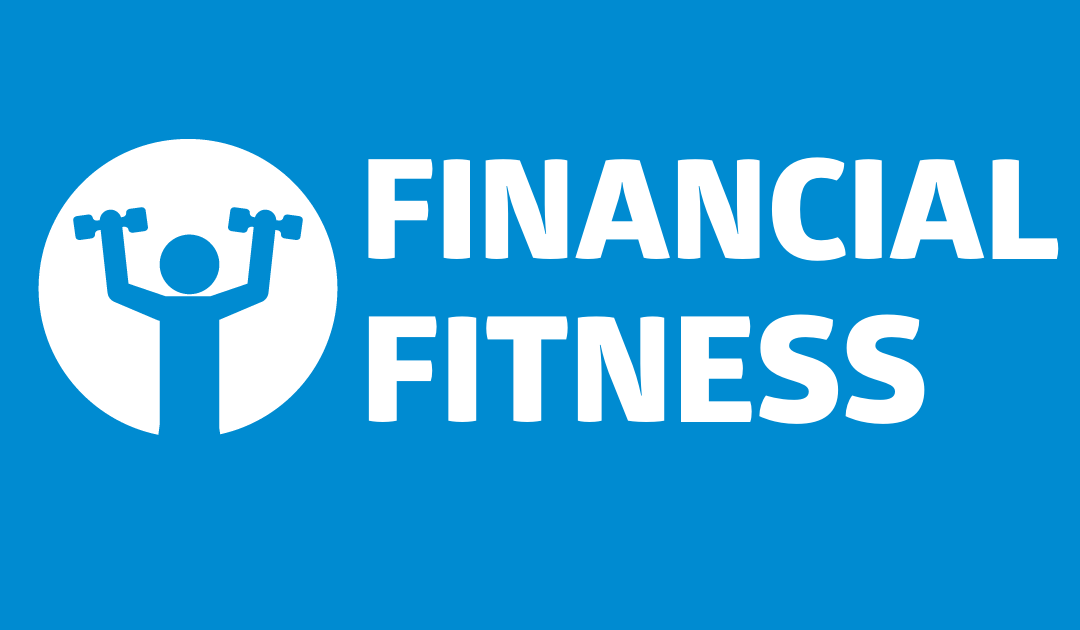By Charlestien Harris
How many times have you thought about what you could have done if you only had the money to do it? One of the most challenging things for many consumers is to establish an emergency fund. Somehow, it has been long thought that it is nearly impossible to save money, no matter how hard we try. But I just want you to know there is light at the end of the tunnel.
One of the first steps in building an emergency fund is to set a goal amount for the fund. Setting a goal amount gives you a target to aim for. Let’s say that amount is anywhere from $500 to $1000. I know that sounds like a lot right now, especially after being hit with all kinds of financial woes during the pandemic. However, you may not realize that the ”little” things we spend money on can mean a lot when it comes to our finances.
The best way I can explain this is with what I call my “Pop and Chip” scenario. I am going to ask you to stop performing two small habits that some of us do on a daily basis without thinking about it. Do you know how much drinking a soft drink and eating a bag of chips on a regular basis can cost you financially?
First we will start with the soft drink. Now, the average cost of a soft drink varies so we are going to use numbers that will mathematically work out for the goal we set of $500 to $1000 respectfully. I am asking you to save the cost of one soft drink at $1.50 a day. After a week of saving $1.50 you will have a savings of $10.50 ($1.50 X 7). If you save that $10.50 a week for a month, you will have a savings of $42 ($10.50 X 4). Finally, if you commit to saving that $42 monthly for an entire year, you will have saved $504 ($42 X 12). Wow! You have just saved over $500!
Most people say I don’t have any extra money to spare. Every penny I earn goes somewhere and you would be right. You tell your money when to leave home and you also have the right to tell your money when to come home (A bit of humor). Now let’s finish our goal of $1000. Most of us don’t stop at just drinking something, we often add a snack of some kind to go with the soft drink. So, assuming our chips also cost $1.50, let’s multiply the $504 by 2 to get $1008.
This deserves another WOW! You just found over $1000 in your budget and you didn’t even realize you already had that money in your pocket. Most times this type of “phantom” spending catches a lot of consumers off guard because it is such a small amount. We think it’s just a dollar or two, not realizing that those few dollars quickly add up to large sums of cash leaving your account.
Having a financial lifeline such as an emergency fund can help consumers keep an even keel when it comes to handling unplanned expenses and emergencies that often happen when we least expect. Here are some simple steps to create the lifeline you need to help you stabilize your finances.
- Set up a budget. Knowing where your money goes from the start will help you to keep an eye on your spending habits.
- Cut back on spending. Once you have your budget in place, you’ll see the areas where you are spending too much.
- Generate extra money by selling unwanted or unused items. One man’s junk is another man’s treasure!
- Set a monthly savings goal. This holds you accountable to keep putting money aside each month to achieve that goal.
- Watch those little purchases you think don’t make a difference. Think about the example I used above. By not drinking one soft drink and/or eating one bag of chips each day, you can save $500 or over $1000 by the end of the year.
Lastly, I invite you to visit Southern Bancorp’s Opportunity Center at https://testbanksouthern.aceone.io/opportunity-center/. It has a wealth of financial information, worksheets and resources that can assist you with financial topics you want to learn more about. Southern Bancorp has five Credit/HUD Certified Housing Counselors on staff. For more information you can contact me at Charlestien.harris@southernpartners.org or at 662-624-5776. Until next week, stay financially fit!

